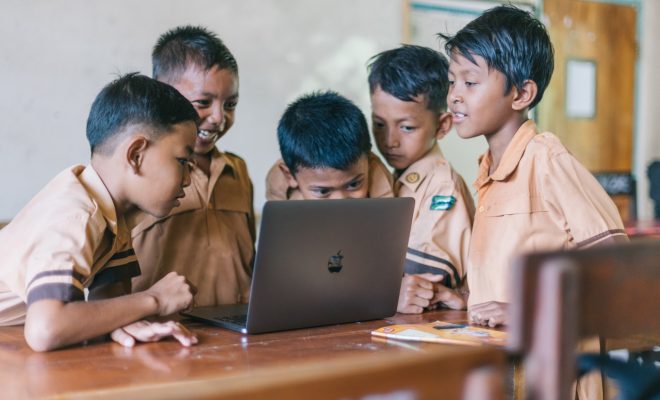UN Summit of the Future ‘must recognise’ key role of education

As global leaders prepare for the upcoming UN Summit of the Future, the imperative to recognize the pivotal role of education in shaping a sustainable and equitable future has never been more pressing. In a world grappling with multifaceted challenges such as climate change, social inequality, and technological disruption, education stands as a crucial pillar for progress.
Education not only empowers individuals with knowledge and skills but also fosters critical thinking, creativity, and resilience—attributes essential for navigating the complexities of the modern world. The Summit presents an opportunity to emphasize how quality education can address pressing issues, from economic disparities to environmental sustainability. By equipping future generations with the tools they need to adapt and thrive, we can facilitate a more inclusive and prosperous global society.
Moreover, the Summit must address the glaring inequities in education access highlighted by the COVID-19 pandemic. Millions of children, particularly in developing regions, remain out of school or face subpar educational conditions. Inclusive education policies are vital to ensure that marginalized groups—such as girls, refugees, and those with disabilities—are empowered. Recognizing education as a fundamental human right is essential to fostering social justice and equality.
Investment in education is not merely a moral obligation; it is a strategic necessity. Governments, NGOs, and private sectors must collaborate to innovate and finance educational initiatives that prioritize sustainability and inclusivity. This collaboration should also harness technology to expand access to quality education, break down barriers, and prepare learners for the future workforce.
The UN Summit of the Future is a crucial juncture where world leaders must unite in recognizing and championing the transformative power of education. Embracing education as a fundamental pillar for progress will not only safeguard the rights of future generations but also ensure a more sustainable and equitable world for all.






